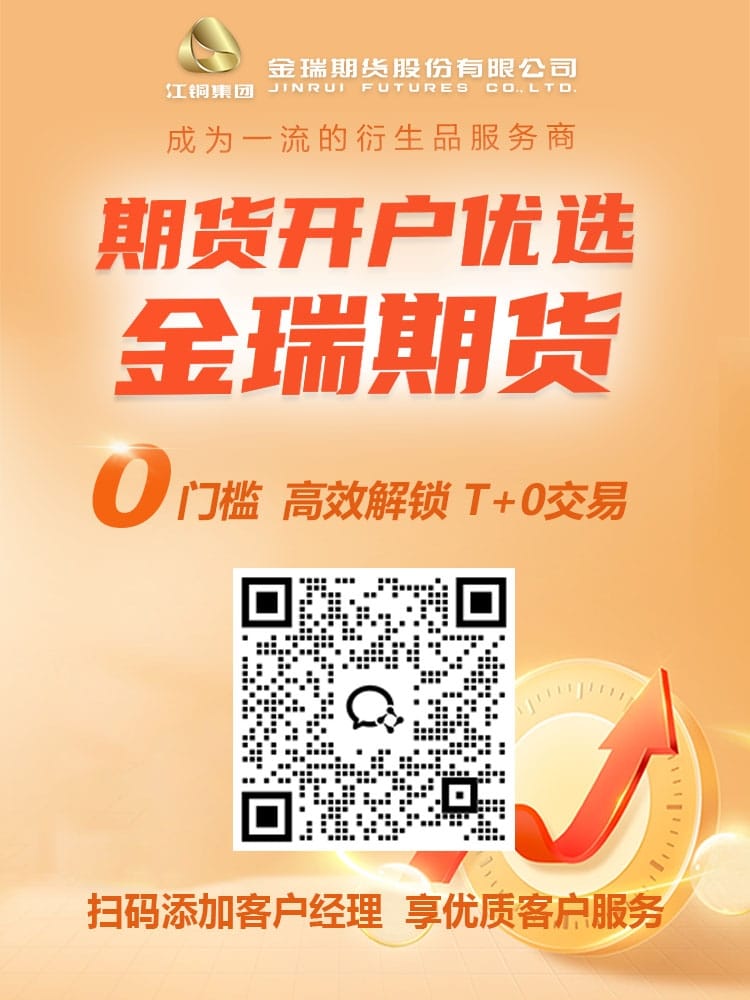
AI-generated image
AsianFin — RWA (Real‑World Asset) tokenization in Hong Kong is drawing seasoned professionals from traditional finance, who see transferable skills and fresh opportunities amid evolving regulation and a nascent digital-asset ecosystem.
Panshao—a pseudonym for a finance veteran—spent years in banks, funds, and investment banking before hitting a career crossroads. 「I can』t compete with the ambitious post‑95s, but I also can』t afford to coast,」 he said. Encouraged by a former supervisor, he explored RWA tokenization and quickly saw parallels to asset‑backed securities (ABS). 「It』s essentially the on‑chain version of ABS—where underlying asset quality, not just credit enhancement, becomes central,」 he explained.
Industry insiders confirm that RWA tokenization follows familiar finance playbooks: identify stable assets with clear ownership, slice and package them on-chain, and issue digital tokens. As one veteran noted, 「Tokens are just a new guise for securities.」 That said, Hong Kong』s RWA market remains largely institution-focused and lacks robust secondary trading until stablecoins become fully operational.
Panshao is currently working on structuring tokenized assets via a multi-layer framework: overseas institutions issue standardized notes, which are subsequently placed on-chain—pointing to ample room for innovation. With stablecoin licenses expected by early 2026 at the soonest, he aims to finalize a working prototype next year.
Transitioning from ABS to RWA, professionals find familiar ground in pricing models that account for investor returns, borrower costs, and asset coverage. Hong Kong』s regulatory direction, under its 「LEAP」 digital assets policy, spans stablecoin licensing and governance for tokenized RWAs—supported by the Financial Secretary』s blueprint for a compliant Web3 ecosystem.
Further, putting cash flows on-chain strengthens transparency and tamper resistance. An accounts receivable token, for example, can no longer be altered—cutting off misuse or fund diversion, a notable challenge in traditional ABS. This inherent immutability elevates the robustness of risk control.
However, transitioning to RWA isn』t seamless. Many private assets lack liquidity or clear legal standing, complicating tokenization. Investors also face stiff compliance demands—including KYC, disclosure, and transfer restrictions—limiting retail participation.
According to another industry source, 「RWA is not a technology revolution but a business model restructuring.」 Access to quality assets, audits, custodial services, ratings, and legal integrity matter more than smart contract code. High-quality due diligence is essential to prevent token collapses when underlying assets fail or are legally flawed.
For mid-career professionals like Panshao, RWA presents a rare track to reengage with finance without the constraints of hierarchical corporate structures. As he puts it, it』s not just about tokenizing assets but building resilient, compliant infrastructure that can redefine investment access.
As Hong Kong marches toward stablecoin licensing and tokenization frameworks, traditional financiers are betting that RWA will be the intersection where regulatory clarity meets digital innovation—and where their expertise can shape a new frontier.



























